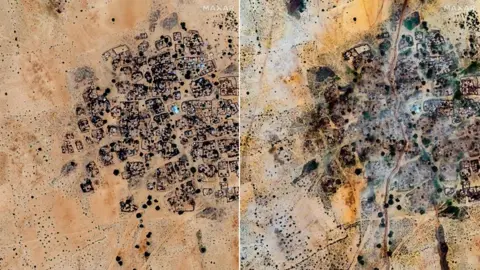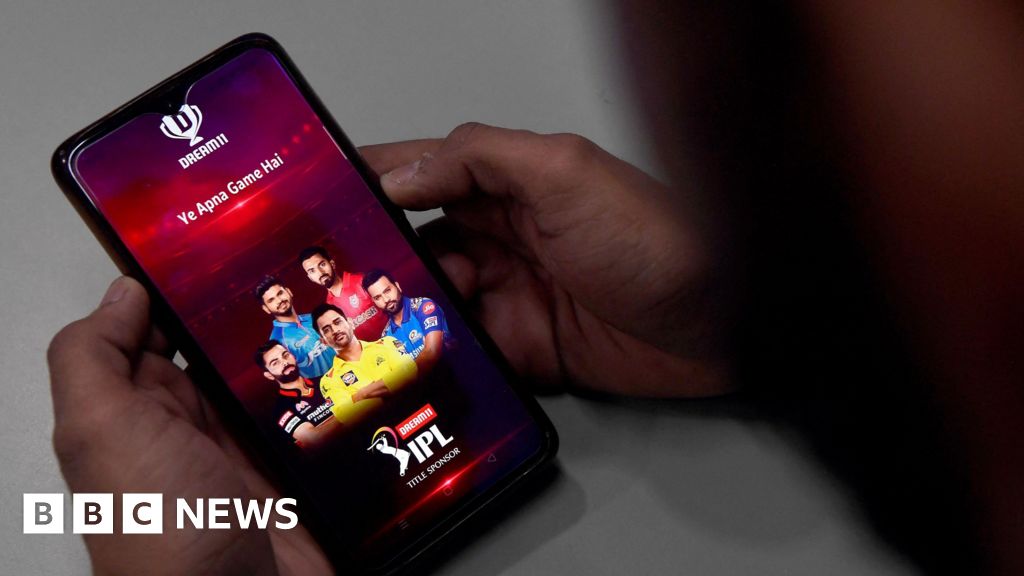Like many Australians, Rach grew up terrified of the sun in the country with the highest rates of skin cancer in the world. Her childhood was characterised by the infamous no hat, no play rule that is commonplace in Australian schools, 90s advertisements that warned the sun would give you cancer, and sunscreen tubes that stood guard at every door in her home.
This deeply ingrained vigilance crumbled when doctors found a low-grade skin cancer on her nose during a check-up, contradicting her rigorous sunscreen application routine. The shock turned into outrage upon learning that the sunscreen she trusted was tested and found to offer next to no protection.
Independent analysis from a consumer advocacy group has ignited a scandal revealing that multiple top-selling sunscreens in Australia fail to meet their stated SPF claims. This revelation has sparked backlash, inquiries from the medical regulator, and a deeper questioning of sunscreen regulations internationally.
The Australian public's relationship with the sun is complex; while it is loved, there is an underlying fear rooted in the nation’s significant skin cancer rates. With reports indicating that two out of three Australians may face a skin cancer diagnosis in their lifetime, the implications of this sunscreen scandal are profound.
Among the brands implicated, Ultra Violette’s Lean Screen SPF 50+ displayed a shocking SPF rating of just 4 in independent tests. Other brands like Neutrogena and Banana Boat faced similar scrutiny but have steadfastly defended the effectiveness of their products.
With calls for enhanced regulatory scrutiny of the sunscreen market, experts emphasize that the effectiveness of sunscreens varies widely, underscoring that accurate testing is crucial. Meanwhile, the ultimate responsibility to ensure compliance rests on manufacturers, raising concerns about industry standards.
While some experts feel the panic may be overblown, they stress the importance of adequate application and supplementary sun safety measures. The roadmap ahead will involve revisiting regulatory practices in the Australian sunscreen industry to better protect consumers and prevent future public health crises.


















